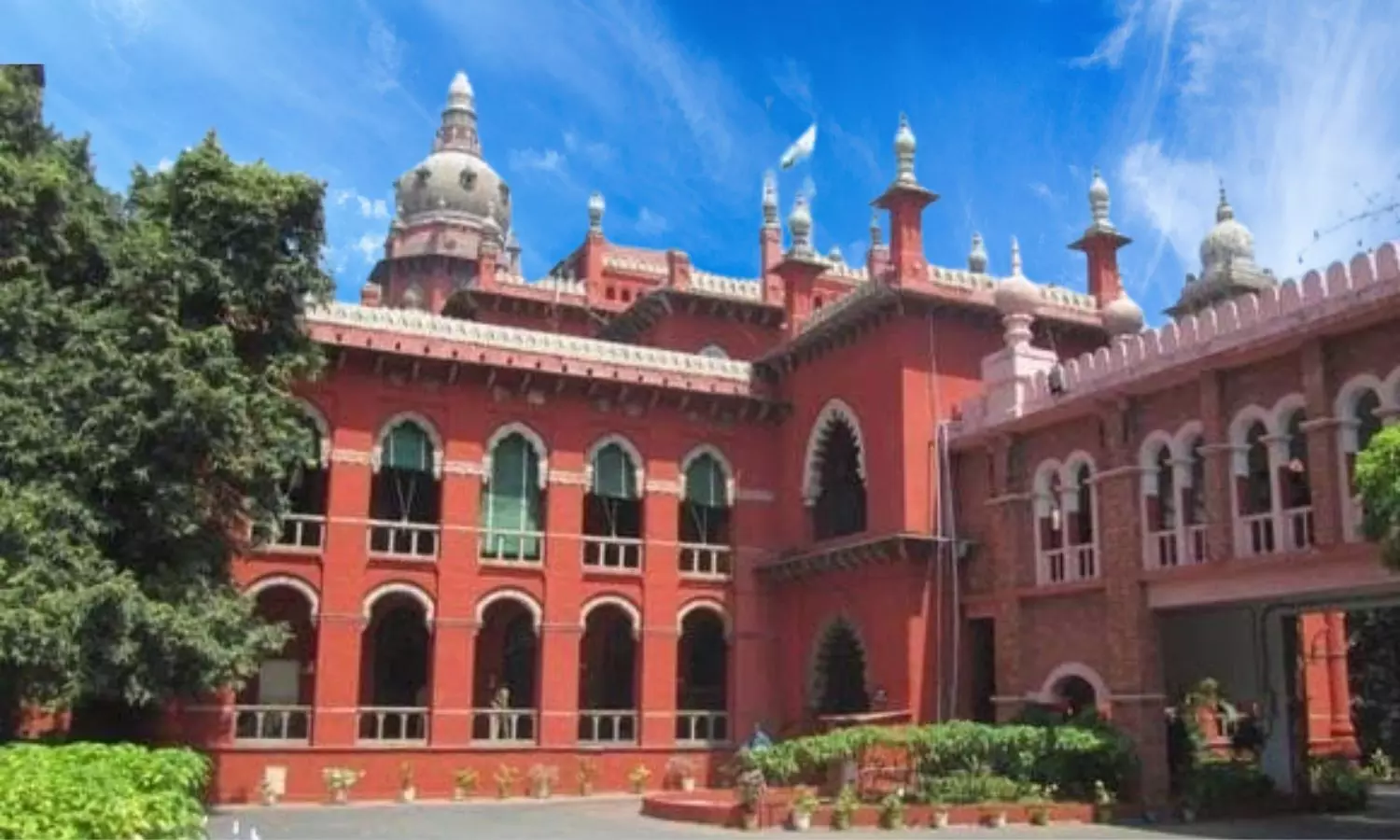Spousal snooping violates privacy, inadmissible as evidence: Madras HC

The Madras High Court has reinforced that a citizen’s right to privacy includes “spousal privacy,” ruling that evidence obtained by one spouse through unauthorized surveillance or snooping cannot be accepted under law. Justice G.R. Swaminathan of the Madurai bench set aside a prior lower court ruling that had allowed an estranged husband to use his wife's phone call records, acquired without her consent, as evidence in a trial involving allegations of adultery and desertion.
The court emphasized that marital relationships cannot assume misconduct as a norm, nor permit one spouse to invade the privacy of the other. "Privacy, as a fundamental right, extends to spouses and any evidence collected by infringing this right is inadmissible," the court observed.
Specifically addressing privacy within marriage, the court highlighted that every individual, including married women, retains a right to personal space and autonomy. It noted that a wife, for instance, has the right to expect that her private thoughts or diary entries remain undisclosed unless shared willingly. This expectation of privacy extends to digital records, such as mobile phones.
The case in question involved the husband obtaining the wife’s call data records by accessing her mobile phone and generating an OTP, actions performed without her knowledge or permission. The court found that while the data itself may have been accurate, the method of acquisition breached her privacy and, therefore, could not be accepted as evidence within the bounds of lawful procedure.
The judgment also noted conflicting precedents across courts regarding the admissibility of such evidence and aligned with the view that evidence procured through unauthorized surveillance is inadmissible. Citing the landmark Justice K.S. Puttaswamy case, the court affirmed that restrictions on privacy rights must be legally justified, fair, and reasonable, with procedural safeguards to ensure constitutional rights are upheld.
Additionally, the court pointed out the challenges under the Bharatiya Sakshya Adhiniyam (BSA) 2023, which mandates that electronic records need accompanying certificates to verify their authenticity. However, the Central government has yet to appoint sufficient experts in Tamil Nadu to provide these certifications under Section 79A of the Information Technology Act, 2000. The court observed that a lack of certified experts could hinder access to justice by complicating the admission of electronic records as evidence.
To address this, the court directed the Union Ministry of Electronics and Information Technology to promptly designate enough experts in Tamil Nadu, ensuring that electronic records could be authenticated according to BSA provisions.
The case saw Advocate D. Senthil represent the appellant wife, while Advocate J. Senthil Kumaraiah represented the respondent husband, with Senior Advocate Srinath Sridevan serving as amicus curiae.



